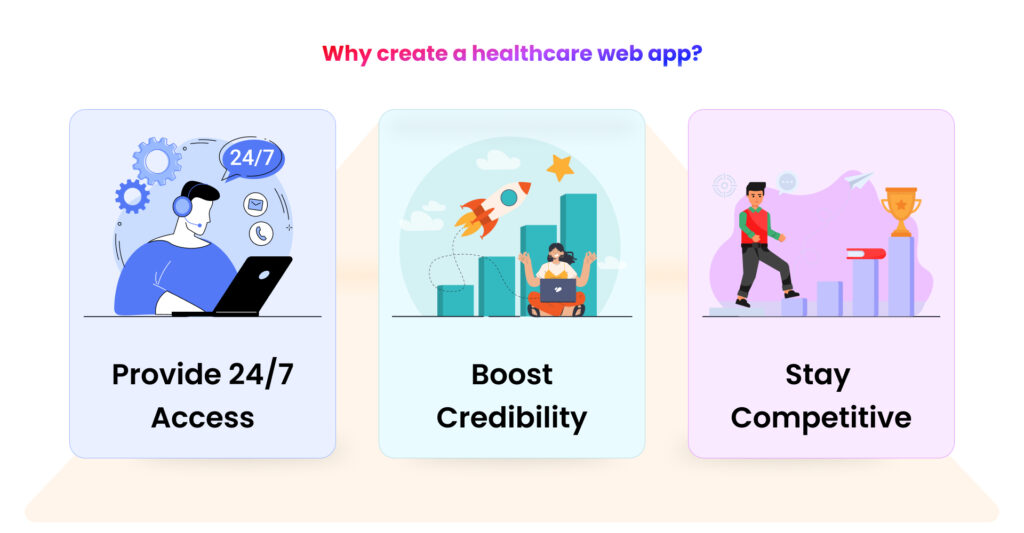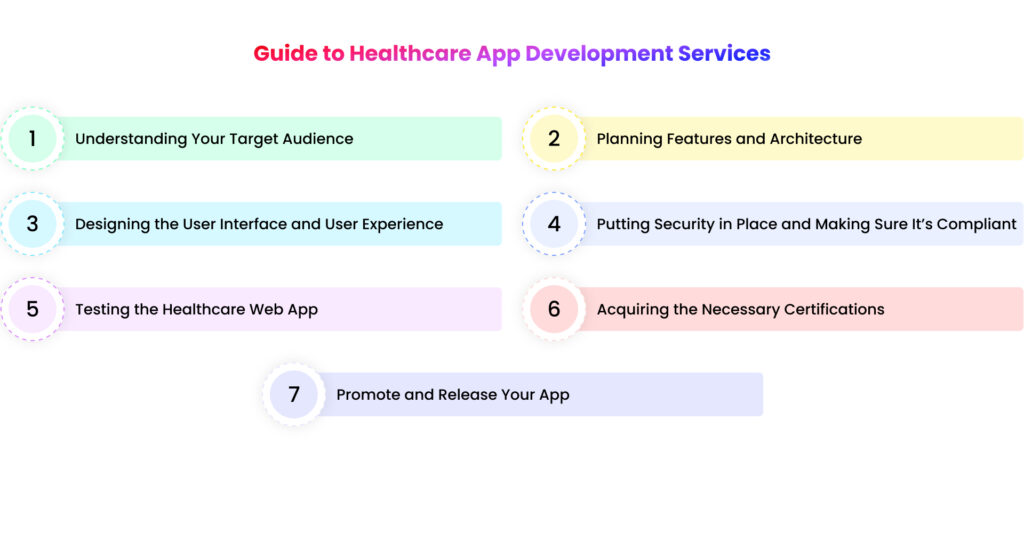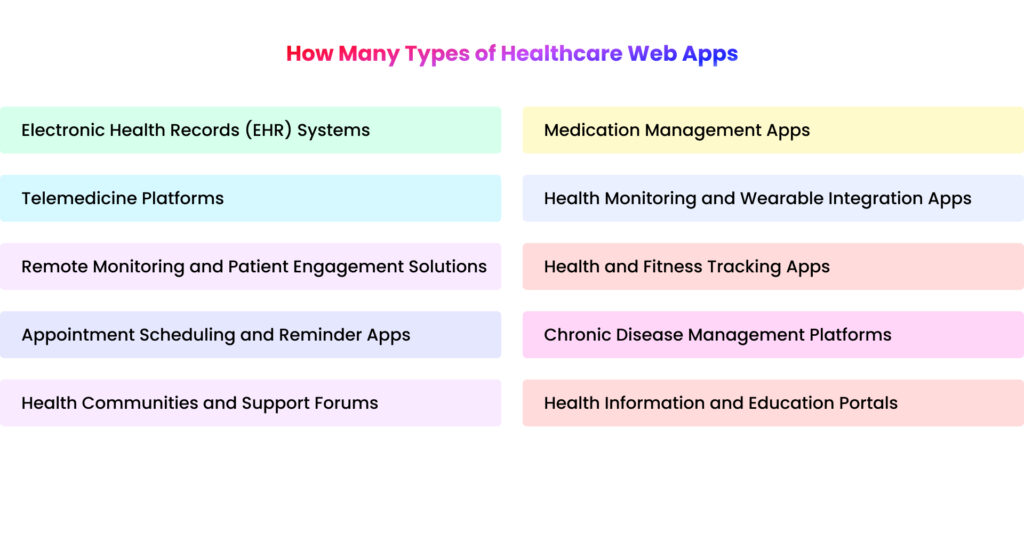In Switzerland, there are lots of companies that can build mobile apps. Finding the right company for your project can be tricky. You want a dependable, affordable company that can get the job done on time.
The Swiss software development industry is on the rise! It’s expected to grow from $8.17 billion in 2024 to $9.5 billion by 2028. This means there’s a lot more demand for top mobile app development companies in Switzerland. That’s why it’s important to find a company that uses the latest methods to build your mobile app.
Working with a leading Software development company like The Intellify will improve and accelerate your tech projects.
There are many benefits to working with a Swiss mobile app development company, like:
-
Cost-effective
Big Swiss software development (Mobile, Web, & Cloud Consulting) companies are like well-oiled machines. They have everything they need (buildings, training, experts) and have been doing it for a long time. This means good prices and reliable, high-quality work, better than freelancers or smaller businesses.
-
Diverse Talent Pool
Swiss Custom product development companies carefully choose talented people to work on your project. These people know a lot about different technologies and industries. This will make your digital products better and faster.
-
Enhanced Efficiency
Swiss mobile app development companies are organized, which helps them finish projects quickly and well. Bosses and team leaders oversee everything closely, keeping everyone on track and ensuring that apps are released faster without any problems.
-
Addressing Difficulties
Swiss web application development companies are like experienced problem solvers. They’ve tackled many projects, so they’re good at fixing issues. They use well-tested methods to make sure your mobile app works perfectly.
-
Simplified Management
Choosing a Swiss application development company can make your project run smoother. Everyone involved, from planning to testing, is close by and easy to talk to. This means you can easily get feedback, ask questions, and fix any problems it’s quick to resolve.
-
One-Stop Shop
Swiss custom software product development companies can handle your entire project. They take care of everything, including testing and launching the software. This one-stop-shop approach ensures everything works well together. It avoids problems between different development stages.
-
Ensuring Quality
Swiss app development companies are like top-notch app developers. They’re famous for their excellent work and take pride in always doing a great job. They carefully check their work throughout the entire process. This helps ensure the final product design & development is perfect and exactly what you wanted.
Top 15 Mobile App Development Companies in Switzerland
1. The Intellify
The Intellify is the best MVP Product development company. It helps Small & Medium businesses turn their mobile app ideas for digital products into reality. They build custom software, websites, cloud solutions, and AI-enabled mobile app Solutions. They focus on ensuring that these AI-enabled products help businesses succeed today and are adaptable to future challenges.
They offer several customizable interaction models:
- Fixed-cost Model: The fixed-cost model is like buying a toy with a fixed price tag. You know what you’ll pay before you buy it, no matter how long it takes to make the toy. This is good when you want to know the total cost for sure.
- Hire a Dedicated Team: Hire a dedicated team to manage your project and pay a predetermined monthly charge for each full-stack developer employed.
- Material and Time Model: This approach is ideal for projects without a defined strategy. Since it may change to meet clients’ evolving needs without imposing fixed costs.
- The Offshore Development Center Model (ODC) lets you build a remote team in another country that acts as an extension of your company. Your partner manages them to keep things running smoothly, giving you access to a wider talent pool and potentially lower costs.
Looking for a trustworthy Swiss mobile app development company? The Intellify is a great option.
2. STS Software GmbH
STS Software GmbH, a Swiss IT Outsourcing company, has 20 years of experience developing software products. Its team of software engineeers can help you bring your ideas to life, whether you want a creative and innovative mobile app or something more practical and functional. They have worked with big brands like Swisscom and UBS, so you can trust them to deliver high-quality work.
3. NineHertz
Nine Hertz is a top mobile application development company in Switzerland. It has over 15 years of experience. Using modern technology, they can build business websites, apps, and online stores. Their team of 250 skilled full-stack engineers can handle any app development project, big or small, cost-effectively. They also provide after-sales support to keep your software running smoothly. If you are looking for a reliable and innovative Swiss IT Consulting company to develop your mobile app, it’s a good option.
4. IFTEST
IFTEST, a Swiss app development company, helps businesses with cool mobile apps. Their team is excited about new challenges and has a history of success. They’ve been around since 1982. They’ve helped create various digital products, including electronic devices and parts. They work closely with their clients and make the development process smooth.
They follow all the rules and regulations when creating custom ERP software and IoT-based hardware solutions. They also offer high-quality work at affordable prices with a quick turnaround. Their team has extensive experience in designing and building electronic parts from scratch.
5. Octobot
Octobot is an enterprise app modernization company in Uruguay that builds apps and software to help businesses go digital. They’ve offered custom software solutions and web and best mobile app development for various industries.
Founded in 2014, their team of over 100 people focuses on user-friendly interfaces and building what each client needs. They’ve won awards for their innovative work. They are a good option for Swiss IT Consulting & Strategy companies looking for mobile app developers.
6. Eleks
Eleks is a large and experienced software development company that has been around for almost 30 years. Its main office is in Tallinn, Estonia, and it has over 2000 employees working in many countries. It’s known for its ability to handle different types of CRM Development and cloud consulting projects and its commitment to high-quality work.
7. Radity GmbH
Radity GmbH is a Swiss custom app development company that designs and builds useful digital tools. They’re known for creating custom enterprise app solutions to fit specific needs. They work even for small companies with limited staff. Their experts use the latest technologies to tackle a wide range of challenges. They help businesses and people by creating innovative software development solutions.
Radity is a software development company with over 15 years of experience. They’ve worked on many projects in different fields and are very knowledgeable about building software. They can help businesses in healthcare, banking, retail, and more. They are affordable and good at keeping projects on budget, so you get a great product without breaking the bank.
8. Temenos
Temenos is a big Swiss IT Services & Consulting company that builds custom ERP and CRM software for banks and other businesses. This custom System helps them work better and transform their businesses into digital ones. They don’t sell software you install; they offer it as a service so you can use it online.
Temenos is a well-established company that offers powerful and adaptable software solutions. With a large team of specialists worldwide, it can serve both international and local banks. By delivering SaaS solutions, Temenos helps banks keep up with ever-changing regulations and market demands.
9. Hendrik Thurau Enterprises (HTE)
Hendrik Thurau Enterprises is a Swiss software development company that offers digital coaching, app development, and offshore IT Outsourcing solutions. It has helped organizations stay competitive through innovative solutions and advanced digital products. The company also offers specialized teams, complete software solutions, training programs, and hosting services to meet clients’ specific needs.
HTE excels at offering top-notch solutions at reasonable prices. Their vast tech expertise lets them tackle various technical challenges across different industries. HTE prioritizes customer satisfaction. It has a record of completing successful projects and long-term partnerships with clients.
10. Axisbits
Axisbits wants to make tech easier and cheaper for everyone! They are a Swiss company that helps businesses of all sizes build software and enter the digital world without breaking the bank.
Axisbits is a software company with over 10 years of experience. They can help you build MVP software quickly and efficiently using the latest technologies, improving your business’s smoothness and productivity.
11. Astarios
Astarios is a Swiss app development company that helps businesses build and launch new software products. They’re a small team. They have experts in UX/UI design, coding, testing and security to make cutting-edge software for companies worldwide. Astarios is really good at keeping their clients happy (100% for 9 years). They make things easy for everyone by creating clear interfaces and using many different technologies.
Astarios is a great fit for Swiss startup companies that want to develop cutting-edge mobile apps. They focus on the latest technology and making the best apps possible.
12. OneStop Devshop
OneStop Devshop is a software company that builds anything digital, including website development, phone apps, and custom software. It’s like a one-stop shop for all your software needs.
OneStop DevShop is a software development company. It offers high-quality and affordable mobile app solutions for businesses. They have a wide range of expertise and can adapt to meet your needs. They focus on creating reliable and innovative software solutions to meet their customers.
13. Vizah Engineering Solutions
Vizah Engineering Solutions is a mobile app solutions company in Switzerland founded in 2014. they have expertise in creating high-quality software solutions and can communicate with clients in English and German.
Vizah Engineering Solutions helps you get the most out of your project for a good price. They talk openly with their team and are always available to answer questions. They also ensure that their engineers are well-trained to build great things.
14. SevenSprings Technology
SevenSprings Technology is a Swiss IT company that helps businesses with three main things:
- Managing their day-to-day tasks like payroll and finances
- Keeping their data secure and their communication flowing
- Developing custom software like websites and mobile apps
SevenSprings Technology is a big company with many experts in different technologies. It’s been in business for a long time and can help clients with complex problems quickly and effectively.
15. Valudio GmbH
Valudio GmbH is a Swiss App development company that helps businesses create custom software solutions, such as apps and websites. It offers a wide range of services, from design to development, to meet your needs.
Valudio GmbH is a software development company in Switzerland known for its high-quality work and customer focus. It has worked with big brands like Hitachi and Lingoda and keeps its costs down to save its clients money.
Factors Impacting Mobile App Development Costs in Switzerland
There’s no one-size-fits-all price for building a mobile app in Switzerland. The app development cost depends on your desired features, complexity, and who you hire to build it. It can range from a few thousand dollars to hundreds of thousands.
Some of the factors are:
- Features: Development expenses are heavily influenced by the complexity and quantity of features. Expenses may be better managed with careful feature selection.
- Timeline: The developer’s hourly rate and the length of the project determine the total cost. Project costs tend to rise as their duration increases.
- Tech Stack: Using fancy new tech tools to build things can be expensive, even though they might sound cool. This is because these tools take more time and effort to develop.
- Maintenance: Maintenance services keep fixing bugs and improving things. This makes the product better to use but also costs more money.
Conclusion
Working with a Swiss mobile app development company can bring many benefits, but finding the perfect one can be challenging. These companies, like The Intellify, are known for their expertise in creating custom software, websites, and apps. Contact us to turn your digital ideas into reality.











